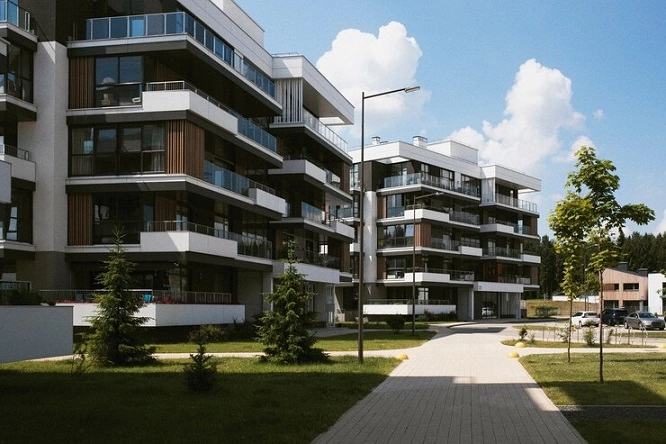Buying a property in Nigeria, requires careful consideration and thorough research to navigate the local real estate market, legal requirements, and cultural nuances.
Lagos, being one of the most populous and vibrant cities in Africa, offers a diverse range of properties, from residential apartments to commercial spaces. In this comprehensive guide, we will walk you through the step-by-step process of buying a property in Lagos, covering key aspects such as research, budgeting, legal procedures, and negotiation.
1. Research and Define Your Needs
Before embarking on the property-buying journey, it’s crucial to conduct thorough research. Define your needs and preferences, such as the type of property (apartment, house, commercial space), location, size, and amenities. Consider factors like proximity to schools, hospitals, transportation, and marketplaces. Lagos is a vast city with diverse neighborhoods, each offering a unique atmosphere and lifestyle.
2. Set a Realistic Budget
Establishing a realistic budget is paramount. Take into account not only the property’s cost but also additional expenses like legal fees, agent commissions, and potential renovations. Investigate financing options, including mortgages and loans, and get pre-approved if possible. Be aware of the current property market trends in Lagos to ensure your budget aligns with prevailing prices.
3. Engage a Local Real Estate Agent
Navigating the Lagos real estate market can be challenging without local expertise. Engage a reputable real estate agent who understands the local market, regulations, and can guide you through the entire process. They can provide valuable insights, assist with property selection, and negotiate on your behalf.
4. Legal Due Diligence
Legal due diligence is a critical step in the property-buying process. Hire a qualified lawyer to review the property’s title documents, ensuring they are genuine and free of encumbrances. Verify that the property adheres to zoning regulations and has all necessary approvals from local authorities. Understanding the legal framework is crucial to avoid potential issues later on.
5. Property Inspection
Conduct a thorough physical inspection of the property to assess its condition. Look for structural issues, plumbing, electrical systems, and any necessary repairs. Engage a qualified surveyor to confirm the property boundaries and identify any potential disputes. This step helps you make an informed decision and can be used as leverage in price negotiations.
6. Negotiation and Agreement
Once you’ve identified a suitable property, engage in negotiations with the seller. Your real estate agent can play a crucial role in this process. Be prepared to counteroffer and find a mutually beneficial agreement. Ensure that all terms and conditions, including price, payment schedule, and any contingencies, are clearly outlined in a legally binding agreement.
7. Payment and Documentation
Upon reaching an agreement, make the necessary payments as stipulated in the agreement. This may involve an initial deposit followed by subsequent payments. Ensure that all transactions are documented and obtain receipts for every payment made. Work closely with your lawyer to handle the necessary documentation, including the transfer of title and registration of the property.
8. Finalize Financing
If you are using financing options, finalize the loan or mortgage process. Provide all required documents to the financial institution, and adhere to their requirements. Be aware of the interest rates, repayment terms, and any associated fees. Confirm that the financing aligns with your budget and financial capabilities.
9. Closing Process
The closing process involves the finalization of all legal and financial aspects of the property transfer. This includes the payment of any outstanding fees, taxes, and completion of the necessary paperwork. Your lawyer will play a crucial role in ensuring a smooth closing process, including the transfer of funds and the issuance of a new title deed in your name.
10. Post-Purchase Considerations
After acquiring the property, it’s essential to address post-purchase considerations. Transfer utility accounts to your name, update your contact information with relevant authorities, and ensure that you comply with all local regulations. Additionally, consider getting property insurance to protect your investment.
In conclusion, buying a property in Lagos requires careful planning, research, and collaboration with local professionals. By following these steps, you can navigate the complexities of the Lagos real estate market and secure a property that aligns with your needs and budget.








